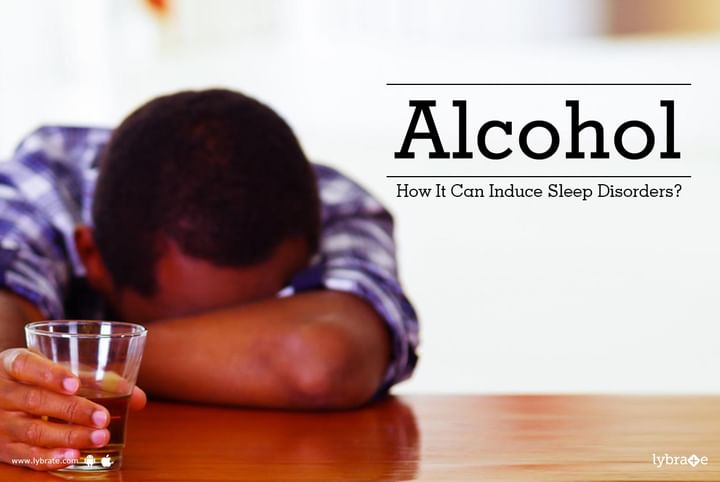Alcohol - How It Can Induce Sleep Disorders?
Sleep disorders are often associated with substance abuse. The problems in sleep arise as a result of direct effects of a particular substance. Substance induced sleep disorders can be caused by many drugs, regardless of whether or not the substance is medically prescribed, legal or socially acceptable. It can also be caused due to alcohol abuse.
If you experience problems in sleep on not having resorted to any substance or even if you are trying to quit, it is called ‘withdrawal’. The severity of the sleep disorder depends on the type of substance used, and not much on whether or not the drug is illegal. A number of prescription as well as non-prescription drugs are capable of causing sleep disorders. However, the severity of the sleep disorders tends to vary among individuals.
Problems in sleep that can be caused due to prescription drugs such as:
- Hormonal drugs e.g. oral contraceptives
- Drugs for high blood pressure e.g. beta blockers
- Inhalable respiratory drugs
- Steroids, such as prednisone
- Medications for attention deficit hyperactivity disorder
- Diet pills
- Seizure medications
- Some antidepressants
Non-prescription drugs that can cause problems in sleep:
- Medications along with caffeine: These may include many cold and cough medications.
- Pseudoephedrine
- Illegal drugs such as cocaine, amphetamines as well as methamphetamines.
- Nicotine is capable of disrupting sleep and reducing the total sleep time.
Alcohol is often regarded to be a calming drug or a sedative. While alcohol is capable of inducing sleep, the quality of sleep tends to be fragmented during the second half of the sleeping period. Consumption of alcohol usually tends to increase the number of times you wake during the latter part of the sleep. This is because the relaxing effect of alcohol wears off eventually. Alcohol tends to keep you in the lighter sleep stages more and thus, is at fault of not inducing the much required deep sleep.
If you consume alcohol just before you go to bed, the sleep inducing capacity might decrease as the effects that are disruptive continue to increase. The alcohol induced sleep disorders may lead to sleepiness and fatigue during the daytime. With age, these problems tend to grow in severity. Consumption of alcohol before bedtime, among the elderly, might lead to unsteadiness while walking with a higher risk of injuries and falls. If you wish to discuss any specific problem, you can consult a psychiatrist.



+1.svg)
